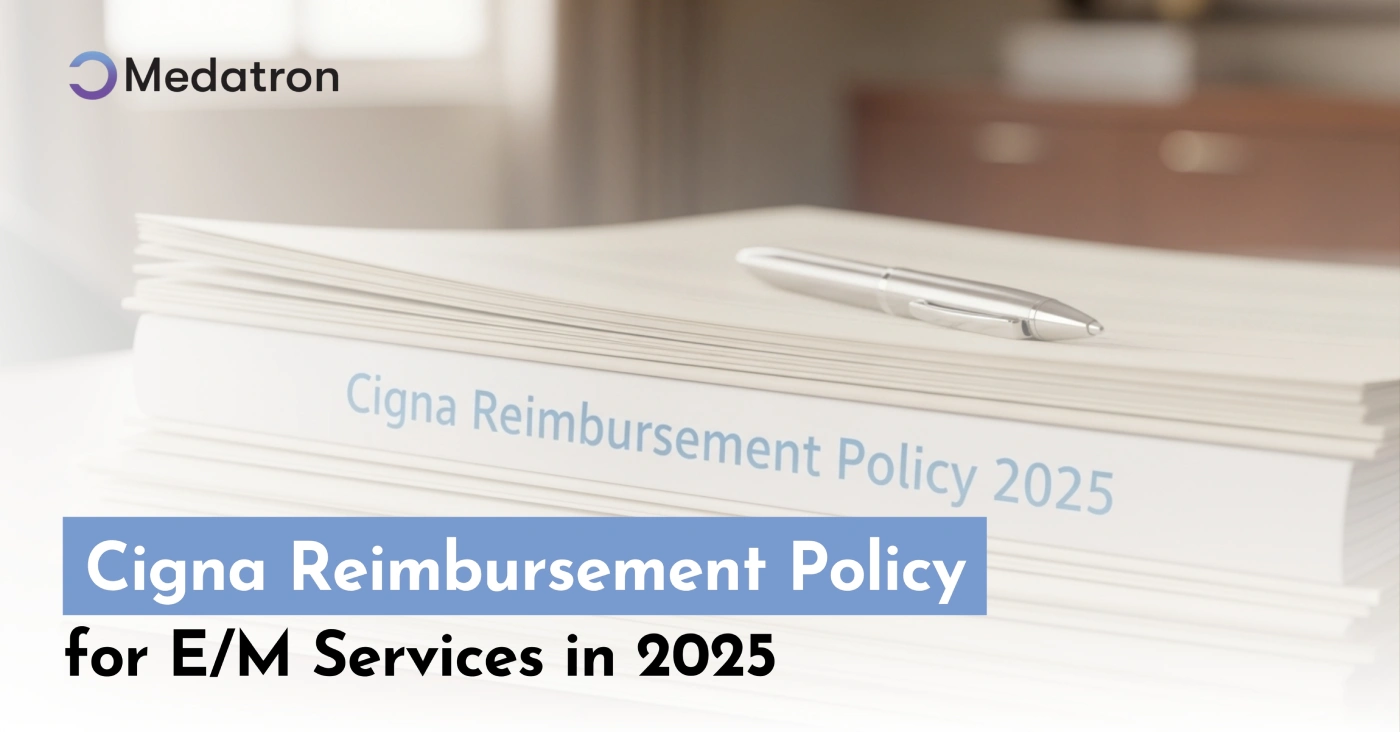For the medical billing industry, revenue is not revenue until it is collected. Therefore, denial management is an integral part of the billing cycle. As the claims denial is rising, the number is at 11% of the total medical claims for 2022 and up from 8% the previous year. It has become crucial for healthcare providers to establish a good management strategy. So that they can collect the revenue generated, this blog post discusses denial management in medical billing, its importance, types of denials, and best practices for improvement.
Understanding Denial Management in Medical Billing
Denial management in medical billing refers to a systematic process of analyzing, correcting, and preventing claim denials. A claim rejection is when a payer, for example, Medicare or a private health insurance company, refuses to reimburse a provider for the services rendered to a patient.
Denial management in healthcare is very effective in following performance metrics, analyzing billing and payer response patterns, identifying the underlying causes for rejection, and preventing proactiveness. It is an ongoing continuous process that needs to be continually refined due to changing payers’ requirements and reasons for denials.
Why is Denial Management in Healthcare Important?
Denials directly delay revenue. They can also delay cash in because they could delay payments, consume valuable labour hours, and sometimes lead to uncompensated care. The industry has increased denials by 20% over the last five years; thus, the industry needs active denial management in healthcare strategies.
Denied claims will also leads to a high cost. Re-work on a denied claim would cost an ambulatory provider up to $25 per claim and a hospital up to $118. Strong denial management in healthcare process would be able to point out the reasons behind the denied claims. Thus, the health providers would be in a position to take corrective measures, which may eventually lead to a reduction in the number of denials.
Categories of Denials
Denials may be based on clinical as well as administrative errors and can be categorized into the following common types of claim denials:
- Missing or incorrect patient information, such as an incorrect date of birth or the date of care, can cause denials.
- Billing and coding errors: These errors include submitting the wrong codes, including billing an infant’s procedure for an adult, which can cause denials.
- Submittals past a payer deadline: Failure to submit claims to the payer before their due date can lead to denials
- Prior authorization anticipation: Please obtain approval before some procedures to avoid denial.
- Duplicate claims: Repeatedly sending the same claim will confuse the system and may result in its denial.
- Problems with dual coverage: The patient has primary insurance and worker’s compensation.
Most non-clinical causes of denials can be avoided with some upfront steps. Therefore, it is vital that a denial management mindset be implemented in all revenue cycle departments.
Best Practices to Improve Denial Management
Healthcare organizations can take holistic and joint management of denials by bringing together the coordinated efforts of many different departments. The following are best practices to look into:
Involving Patient Access in Denial Prevention
The patient access department is also important in this process of denial prevention. Accurate data collection before a patient sees a physician can significantly decrease the opportunity for downstream denials.
Identification and eligibility verification tools ensure that errors are caught early. However, financial clearance tools can assess a patient’s ability to pay, thus informing the best collection strategy.
Be Involved with Health Information Management and Medical Records
It is in the middle stage of the revenue cycle where processes need to be improved. Health information management and medical records staff are in the middle of the gap between clinical care and billing. Correct clinical documentation directly relates to coder accuracy, impacting favourable claim approval rates.
Coding software and claim scrubbing tools should often be evaluated for improved accuracy. Analyzing the coder’s denials will reveal areas for training, motivating them to participate actively in the appeals process.
Analyzing Denials through Root Cause
It is critical to understand the sources of denials. Organizations can then know where, why, and who the cause of the rejections is through the use of RCM scorecards. This also will create a culture of accountability and encourage continuous improvement through targeted education and training.
Denial Prevention Training
Regardless of department, all revenue cycle staff members require some training or education about essential insurance matters and strategies for preventing denied claims. When employees communicate their roles as they contribute to the big picture of cash flow, they take more ownership and do their part in more efficient denial management in healthcare process.
Workflow Optimization
Technology will greatly reduce denial management by streamlining processes and touchpoints and avoiding many unnecessary points of contact. When a workflow is streamlined, opportunities for errors are reduced, while consolidated data sources improve first-pass payment rates.
Conclusion
Denial management in healthcare must be done by more than one department. It has to do with an all-hands-on-deck type of engagement that brings about higher engagement, attention to detail, and accountability in the organization. Creating activities on best practices fosters collaboration and improves the processes involved in denial management. It results in higher first-pass yield rates and a more robust revenue cycle for healthcare providers.
Maintain healthy denial management in medical billing through experts at Medatron. Identify, resolve, and prevent claim rejections with modern technologies and a specialized team, ensuring higher reimbursement and faster payment cycles. Efficient billing processing and additional value in financial performance are guaranteed. Contact Medatron now.







